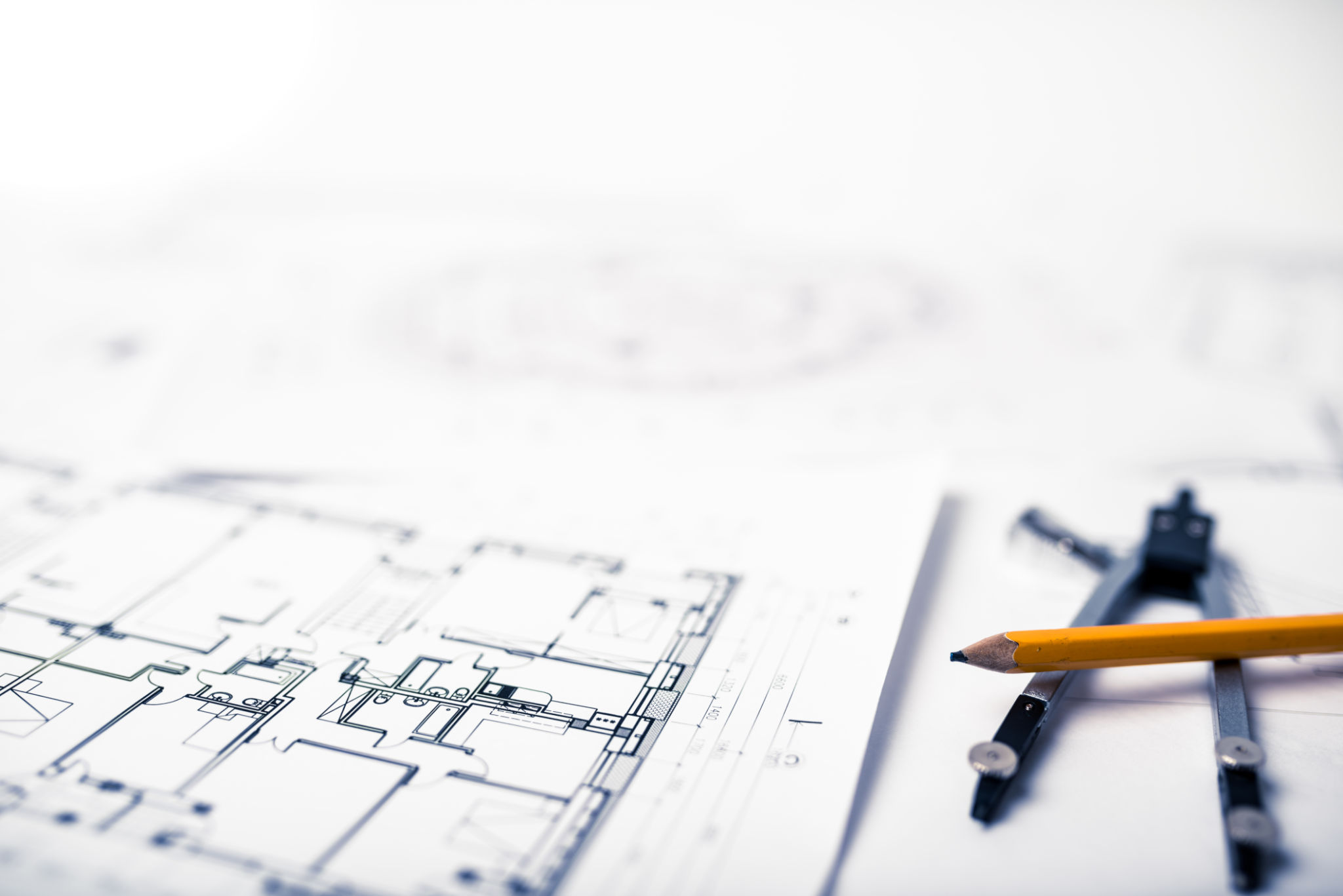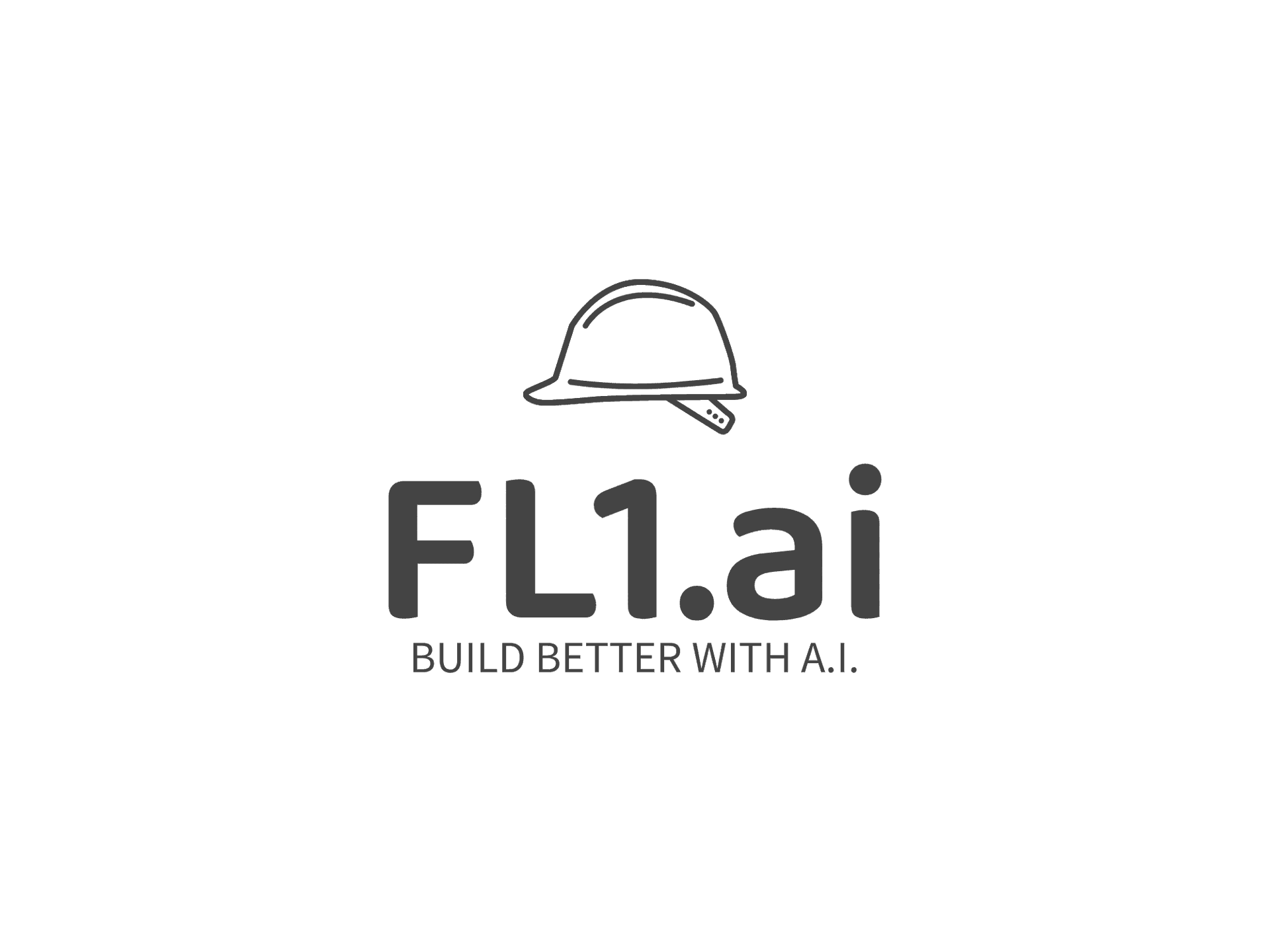Ensuring Quality Control in Construction with AI Solutions
Introduction to AI in Construction Quality Control
The construction industry is undergoing a digital transformation, with artificial intelligence (AI) playing a pivotal role. AI solutions are increasingly being adopted to ensure quality control in construction projects, reducing human error, and improving efficiency. By integrating AI technologies, construction companies can achieve superior project outcomes, ensuring safety, compliance, and quality.

The Importance of Quality Control in Construction
Quality control is a critical aspect of construction that impacts the durability, safety, and functionality of buildings. Ensuring that every component of a construction project meets predefined standards is crucial to prevent costly reworks and potential structural failures. Traditionally, quality control relied heavily on manual inspections and human judgment, which can be prone to errors.
With AI, the construction industry can now leverage advanced tools and techniques to enhance quality control processes. These innovations not only streamline operations but also provide real-time insights, allowing for proactive measures rather than reactive fixes.
AI-Powered Tools for Quality Control
AI solutions encompass a variety of tools designed to improve quality control in construction. Some of the most impactful include:
- Computer Vision: AI-powered cameras and drones can monitor construction sites, identifying defects and non-compliance issues with high accuracy.
- Predictive Analytics: By analyzing historical data, AI can predict potential quality issues before they arise, enabling preemptive actions.
- Automated Reporting: AI systems can generate detailed reports on construction quality, saving time and ensuring that no critical detail is overlooked.

Real-World Applications and Benefits
Several construction companies have successfully implemented AI solutions to enhance their quality control processes. For instance, using drones equipped with AI capabilities, they can survey large construction sites swiftly, identifying potential issues that would be challenging to spot manually. This not only speeds up the inspection process but also ensures a higher level of precision.
The benefits of adopting AI in quality control are substantial. These include reduced operational costs, improved safety standards, and enhanced project timelines. With AI, construction companies can allocate human resources more effectively, focusing on areas that require human expertise while letting machines handle routine inspections.
Challenges and Considerations
Despite its advantages, integrating AI into construction quality control comes with challenges. Companies must consider the initial investment costs, the need for employee training, and potential resistance to technological change. Moreover, ensuring data security and privacy is crucial as AI systems often rely on large volumes of sensitive information.

To overcome these challenges, companies should partner with experienced AI solution providers who understand the intricacies of the construction industry. This collaboration can facilitate a smoother transition and ensure that the AI tools deployed are tailored to specific project needs.
The Future of AI in Construction Quality Control
The future of construction quality control looks promising with AI continuing to evolve. As technology advances, we can expect even more sophisticated AI solutions capable of further improving efficiency and accuracy. Innovations such as machine learning algorithms that learn from past projects to optimize future ones will become increasingly commonplace.
Moreover, as AI becomes more integrated into building information modeling (BIM) systems, real-time quality assessment during the design phase could become standard practice, reducing errors before construction even begins.
Conclusion
In conclusion, AI offers transformative potential for ensuring quality control in the construction industry. By embracing AI solutions, companies can achieve higher standards of safety, compliance, and overall project quality. As the industry continues to innovate, those who leverage AI will undoubtedly lead the charge towards a more efficient and reliable future in construction.

